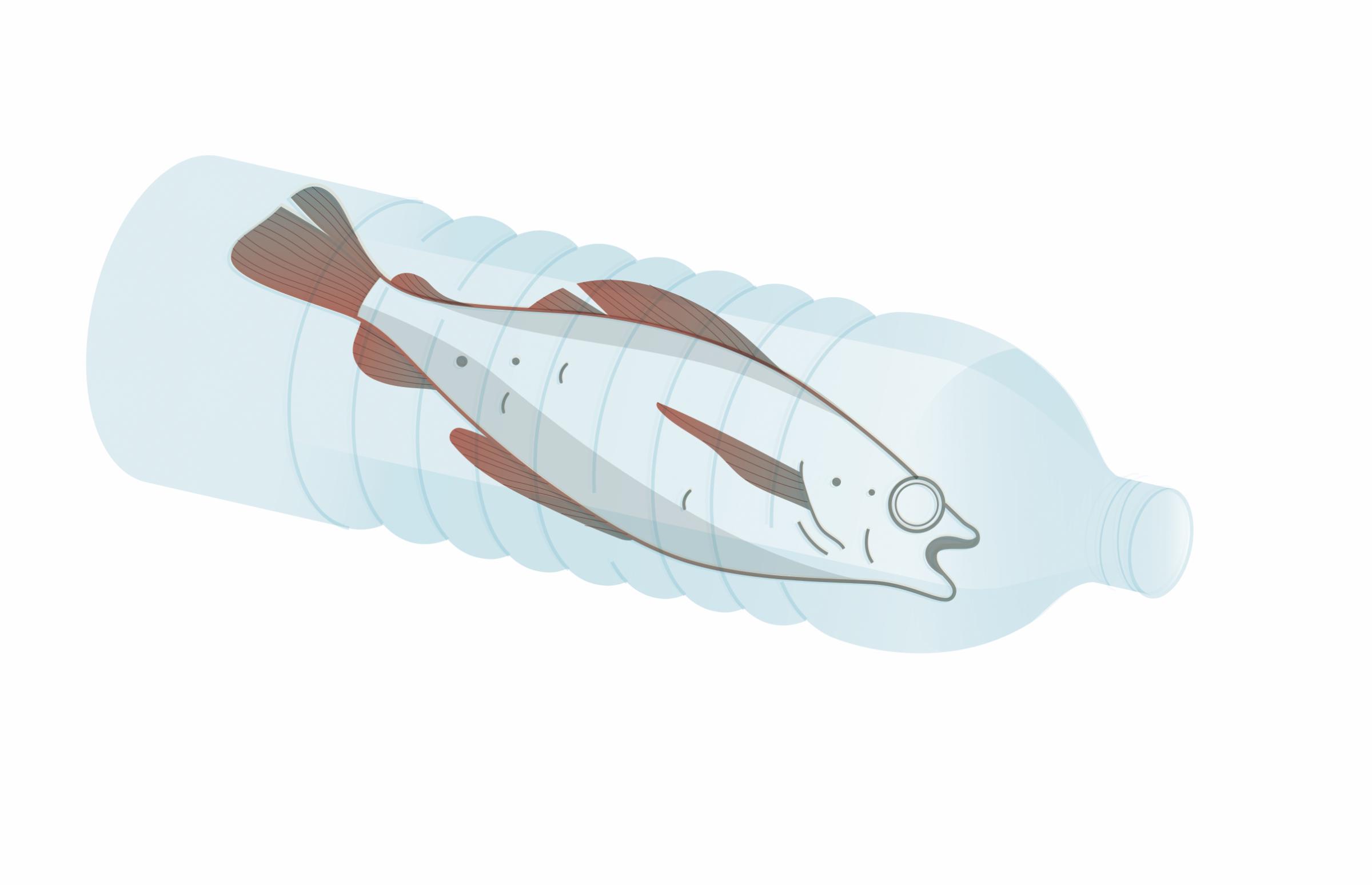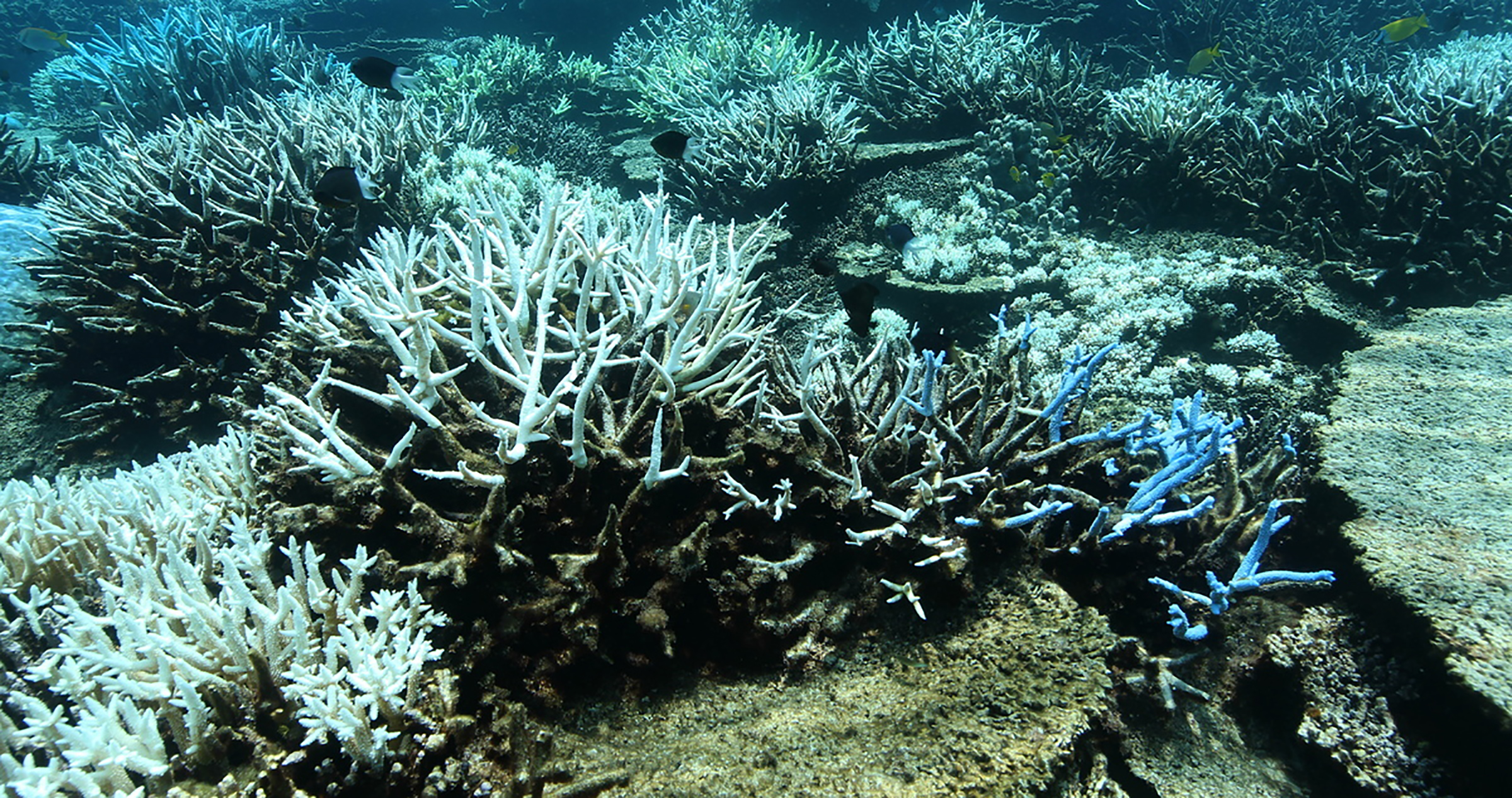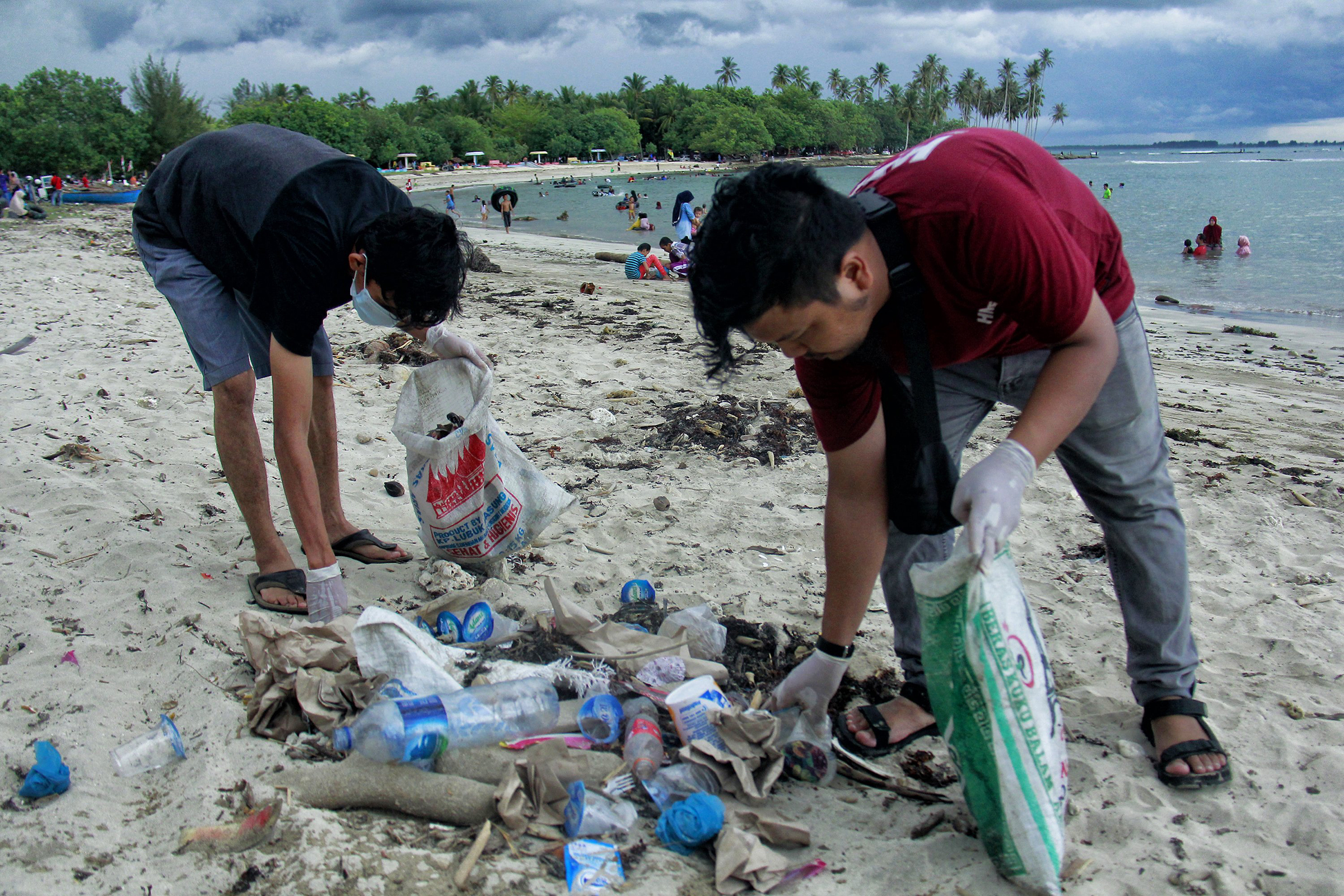
As you’ve likely heard, the ocean’s health is in trouble. You’re probably aware of overfishing and the harmful practices of fisheries driving a third of the planet’s fish stocks toward extinction, and you surely know about the unconscionable amount of pollution, in particular plastic, that we dump in the ocean. But that’s not the worst of it. The ocean is steadily warming; its oxygen levels are falling; and it is becoming more acidic, making conditions for life below the waves ever harder. Planet-warming greenhouse gases are the common enemy in that trio of changes. And by now we all know who has been creating those gases.
When you’re a grandfather like me, and you care more about the well-being of your grandchildren than about your own creature comforts, there’s no time for idle behavior. Last year, a report from the U.N.’s Intergovernmental Panel on Climate Change (IPCC) revealed that as global warming moves from 1.5°C above preindustrial levels to 2°, already observable trends—like the worsening of extreme weather, rising sea levels and loss of biodiversity—will be exacerbated. The report also indicated that when we go above 2° warming, we lose the planet’s coral reefs, the vast nurseries that foster life in the ocean. We have no idea how the ocean’s biome will function without them or what that will mean for our ecosystem. The predicament is that the planet is still on a devastating course toward 3° to 4° global warming.

And yet, the IPCC report notes, it is still possible to stay at 1.5°. The good news is that we have a plan. It’s multifaceted and requires a radical change of human production and consumption patterns, but it will succeed if people from all walks of life get behind it.
On a global level, we must exercise fidelity to the Paris Agreement; to the U.N.’s 2030 Agenda for Sustainable Development, including Goal 14 (conservation and sustainable use of the ocean’s resources); and to the broad mosaic of multilateral agreements supporting them. Beyond that, it is vital that we establish new law for marine biodiversity beyond national jurisdictions. There is already a conference under way at the U.N. working on this issue, as there is a growing scientific consensus that we need to move toward a goal of protecting 30% of the ocean by 2030.

On an individual level, we all have a role to play as well. In my own work, one of my top priorities is putting an end to the billions of dollars in government subsidies worldwide that go mostly to industrial fleets chasing diminishing stocks of fish—and ensuring that the public funds saved are spent on beneficial measures like establishing and enforcing marine-protected areas. But everyone, from government officials to business executives to scientists to students, has the ability to make a difference. We can choose not to use nonessential plastics. We can consume seafood only from sustainable, legally caught stocks. We can get serious about reducing our carbon footprints, so we are on the right side of global efforts toward a carbon-neutral world by 2050.
Finally, we must scale up ocean science. We increasingly understand how little we actually know, and in these precarious times, it is essential that we have a firm grasp on whether we can afford to add new stressors to the ocean’s ecosystem.
All of this, and much more, is necessary if we want to deliver on the plan to save life in the ocean. Considering that every second breath we take comes from the ocean, it is clear we must.
This is one article in a series on the state of the planet’s response to climate change. Read the rest of the stories and sign up for One.Five, TIME’s climate change newsletter.
More Must-Reads from TIME
- Why Biden Dropped Out
- Ukraine’s Plan to Survive Trump
- The Rise of a New Kind of Parenting Guru
- The Chaos and Commotion of the RNC in Photos
- Why We All Have a Stake in Twisters’ Success
- 8 Eating Habits That Actually Improve Your Sleep
- Welcome to the Noah Lyles Olympics
- Get Our Paris Olympics Newsletter in Your Inbox
Contact us at letters@time.com
